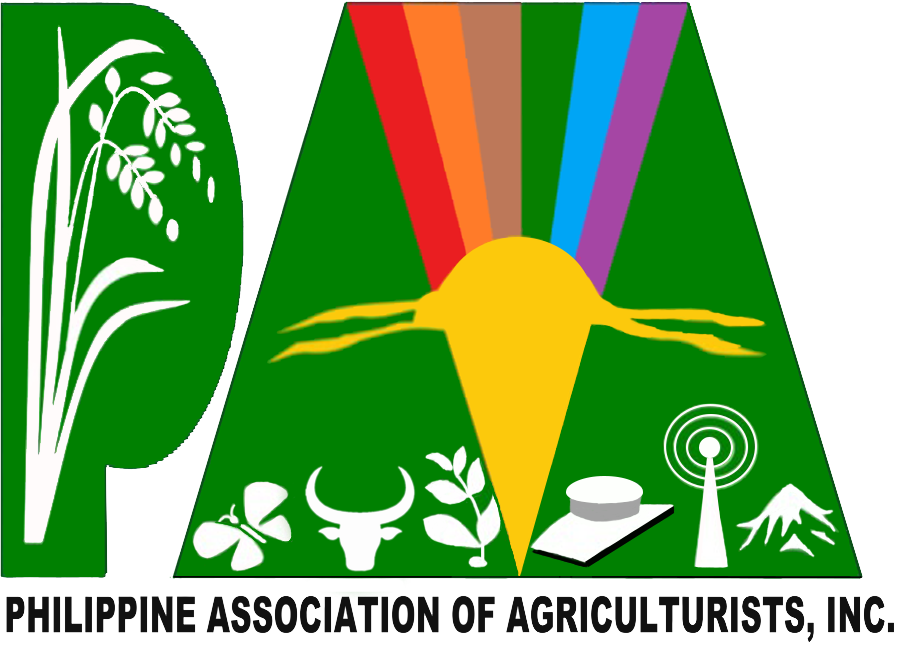Consultation with the Private Sector Enhances IRR on RA 12215
The scope of the Philippine Agriculturists Act or RA 12215 includes the private sector to cater agriculture-related initiatives with impact to farmers and society. Hence, to discuss the implications of the law in the sector as well as to consult the feasibility of provisions in the Implementing Rules and Regulations of RA 12215, a consultation with the Private Sector was conducted last August 5, 2025, via Zoom.
The meeting was organized by the joint Technical Working Group (TWG) from the Professional Regulation Commission (PRC) Board of Agriculture and the Philippine Association of Agriculturists, Inc. (PAA) in partnership with the Department of Agriculture (DA)-Philippine Council for Agriculture and Fisheries (PCAF). Dr. Emma Sales, Chair of the PRC Board of Agriculture, delivered the Opening Remarks, and Dr. Karen S. Bautista, PAA Immediate Past President and Chair of Policy Advocacy Committee, presented the draft IRR of RA 12215. An open forum was held after the presentation, where the TWG addressed questions and concerns of the participants.
The meeting attended by the representatives from the PCAF-National Sectoral Committees who raised several concerns, namely: ) delineation of the function of veterinarian, animal science majors, and animal nutritionist on animal health management and issuance of feeds formulation report; expounding the list of regulatory permits including export and import documents wherein the seal of Registered Agriculturists could be affixed; monitoring and compliance to the provisions of RA 12215; conducting Agriculturists’ Licensure Examination (ALE) abroad, particularly in Taiwan for those working in the agriculture industry as a form of service to Overseas Filipino Workers (OFWs); and conducting a root cause analysis for the low employment of registered agriculturists in the private sector.
The TWG responded that the diagnosis and prescription of pesticides by crop protection majors will be further discussed to determine its feasibility, and a meeting with the DA-Fertilizer and Pesticides Authority (FPA) will be conducted to identify possible initiatives on capacity building activities for registered agriculturists in the local government units. There is also colatilla for provisions related to the private sector to ensure that small-scale establishments will not be affected by the law. For the scope of practice of registered agriculturists and veterinarians, a meeting between the PRC Board of Agriculture and Veterinary Medicine will be carried out. The TWG likewise clarified that there is no need to hire another Registered Agriculturist (RAgr) to sign and affix the seal if there are already RAgrs in the company and no further steps or requirements are needed. This is just a mechanism to increase accountability of the signatories. Additionally, the joint PRC, CSC, and DILG memorandum circular will be explored as one of the initiatives to ensure LGU compliance with the law.
The TWG highlighted that farmer/farmer scientists can still serve as resource persons during training. The latter was emphasized during the meeting to recognize the significance of farmer-to-farmer exchange of information. The meeting ended with a closing message from Roberto F. Rañola, Jr., Chairman of the PAA.
The law is one of the major steps in enhancing the quality of the agricultural workforce, but as highlighted during the meeting, we should then focus on improving the quality of the agriculture industry to ensure a healthy and secure environment for the Registered Agriculturists.


